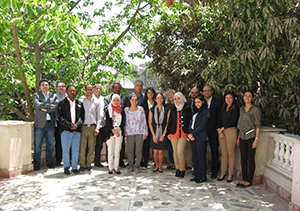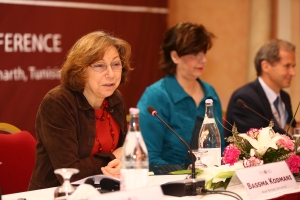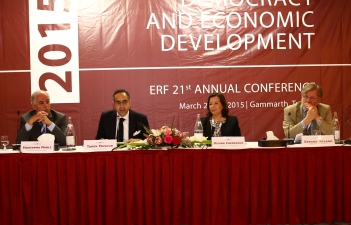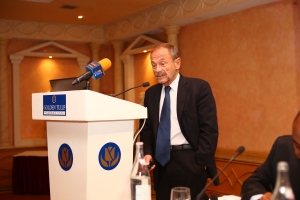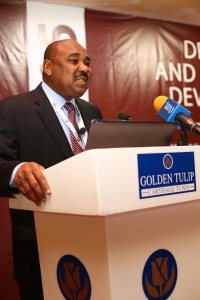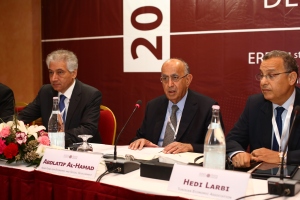This blog is written by Alissa Amico (Program Manager, MENA, Corporate Affairs Division, OECD).
Most stock exchanges in the Middle East, with the exception of the Palestine Stock Exchange, the Dubai Financial Market and a few broker-owned markets in North Africa are – unlike their largest global peers – state owned. While some exchanges in the Middle East have explored privatization or ownership restructuring, only the Kuwait Stock Exchange has moved in this direction. It is debatable whether and under what conditions other exchanges in the region will follow and if the timing is right, with the impending opening of Tadawul to foreign investors and the intense competition among financial centers in the region.
Even less known than the ownership model of exchanges, is the type of investors who dominate markets in the region. While the dependence of MENA markets on retail investors is no secret, less is known about the behavior and profile of institutional investors. And this is crucial as exchanges seek to attract foreign capital flows and encourage long-term investment. Institutional investors in the region are quite different in profile from developed or even other emerging markets, which are dominated by investment and pension funds and insurance companies.

